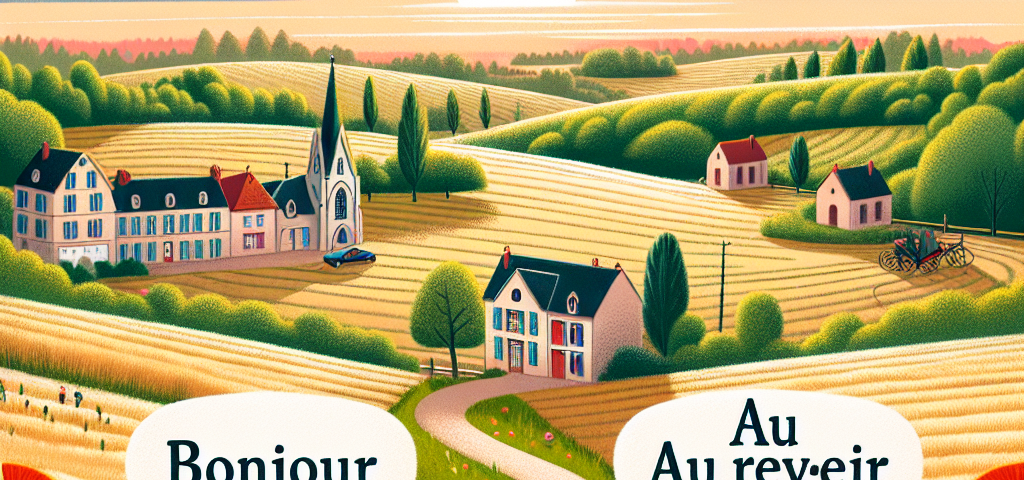
Nailing the Nuances: French Grammar Hacks You Need to Know
May 30, 2025
From Zero to Hero: How to Pass GCSE French with Flying Colors
May 30, 2025
Whether you’re planning a trip to France, seeking to connect with French-speaking friends, or simply wanting to immerse yourself in a new language, mastering essential French phrases can greatly enhance your experience. This guide provides you with fundamental expressions that will help you navigate everyday conversations, from greetings to farewells.
Greetings: The Art of Saying Hello
Bonjour
Translation: Good morning/Hello
Usage: This is the most common greeting used until late afternoon. It demonstrates politeness and is a great way to start a conversation.
Bonsoir
Translation: Good evening
Usage: Use this greeting in the evening when meeting someone after the sun goes down.
Salut
Translation: Hi
Usage: A more casual greeting among friends and younger people. Perfect for informal settings.
Comment ça va?
Translation: How are you?
Usage: A friendly way to inquire about someone’s wellbeing.
Essential Conversational Starters
S’il vous plaît
Translation: Please
Usage: An important phrase that conveys politeness, whether you’re ordering at a café or asking for help.
Merci
Translation: Thank you
Usage: A simple yet powerful expression of gratitude. In response, you can say "De rien" (You’re welcome).
Je m’appelle…
Translation: My name is…
Usage: A great way to introduce yourself, followed by your name.
Et vous? / Et toi?
Translation: And you? (formal/informal)
Usage: This phrase encourages reciprocity in conversation, prompting the other person to share their name or feelings.
Navigating Daily Conversations
Excusez-moi
Translation: Excuse me
Usage: Use this when trying to get someone’s attention or to politely interrupt.
Parlez-vous anglais?
Translation: Do you speak English?
Usage: If you’re struggling with the language, this phrase can help you find an English speaker.
Je ne comprends pas
Translation: I don’t understand
Usage: An essential phrase for beginners that can help you communicate communication barriers.
Expressing Likes and Dislikes
J’aime…
Translation: I like…
Usage: Use this to express your preferences, such as “J’aime le chocolat” (I like chocolate).
Je n’aime pas…
Translation: I don’t like…
Usage: Make your dislikes clear with this phrase.
Making Plans and Invitations
Voulez-vous…?
Translation: Would you like…?
Usage: A formal way to extend an invitation. Consider saying “Voulez-vous sortir?” (Would you like to go out?)
À quelle heure?
Translation: At what time?
Usage: Useful for making plans, this phrase helps you set a specific time for an event or meeting.
Farewells: Saying Goodbye with Grace
Au revoir
Translation: Goodbye
Usage: The classic way to part, appropriate in most situations.
À bientôt
Translation: See you soon
Usage: Use this when you expect to see someone again in the near future.
À demain
Translation: See you tomorrow
Usage: Perfect for when you know you’ll meet again the next day.
Bonne journée
Translation: Have a good day
Usage: A polite way to say goodbye during the day.
Bonsoirée
Translation: Have a good evening
Usage: Use this in the evening before parting ways.
Conclusion
Learning essential French phrases opens the door to deeper cultural understanding and more meaningful interactions. From greetings to farewells, these expressions will help you feel confident in various social situations. So, whether you’re in a bustling café in Paris or chatting with a friend, remember: Every conversation starts with a simple “Bonjour” and ends with a heartfelt “Au revoir.” Bon voyage et bonne chance!

